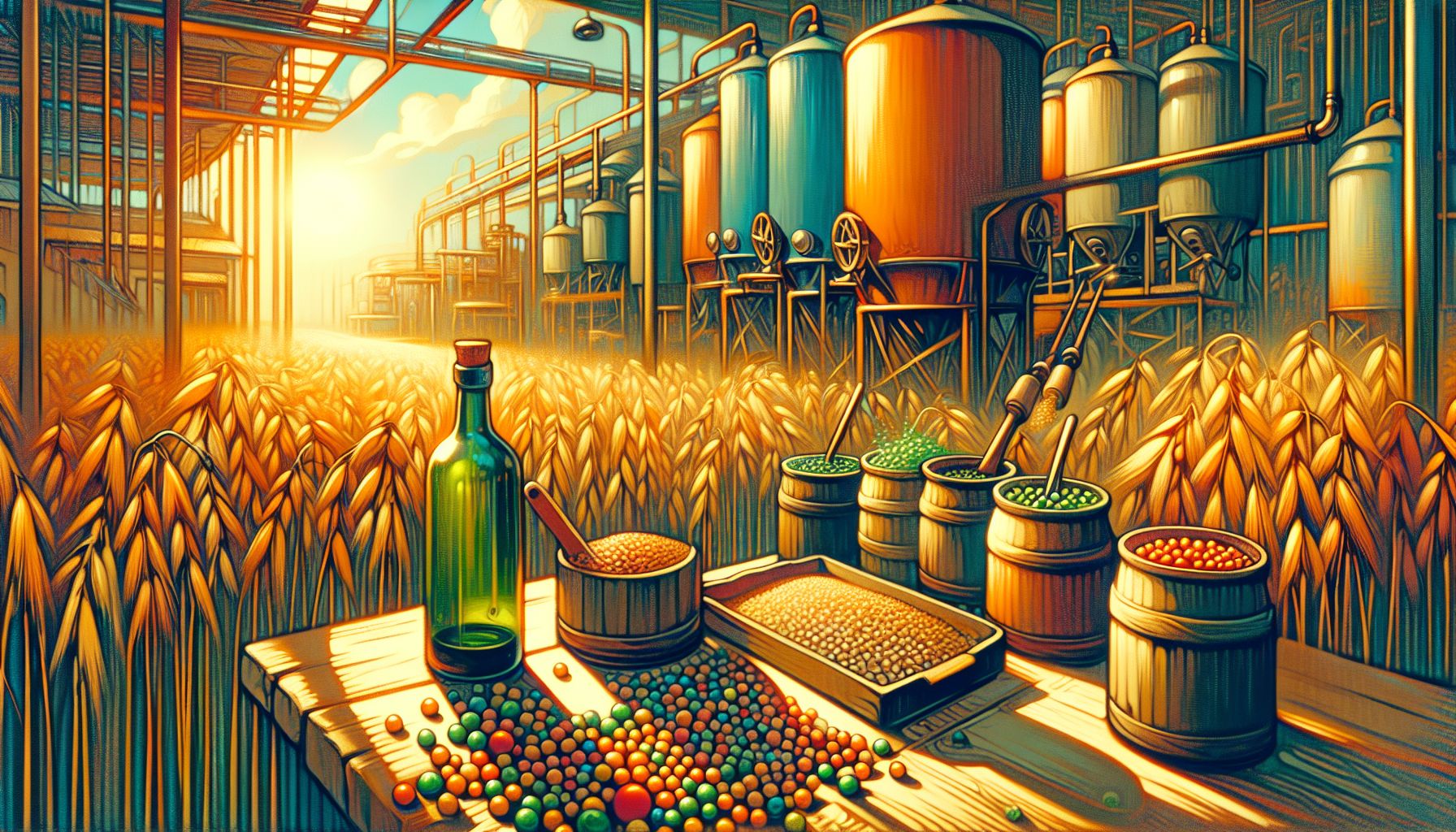Dutch Scientists Lead Study on Plant-Based Food Pathogens

Wageningen, Tuesday, 23 July 2024.
Researchers from the Netherlands are spearheading a €1 million study to genetically characterize dangerous bacteria in plant-based products. The GRASP project aims to improve food safety by mapping the growth and behavior of pathogens like Bacillus cereus in oats and peas, ultimately developing tools to minimize risks in production processes.
An Interdisciplinary Approach to Food Safety
This groundbreaking study, known as the Genomic-driven Risk ASsessment of Plant-based foods (GRASP), is a collaborative effort involving experts from Wageningen University & Research in the Netherlands and the Technical University of Denmark (DTU). The project has received significant funding through the Plant2Food program, which aims to enhance the safety of plant-based food products by identifying and controlling harmful bacteria such as Bacillus cereus and Clostridium botulinum. The initiative highlights the importance of interdisciplinary research in tackling complex food safety challenges.
Understanding Pathogenic Bacteria
The primary focus of the GRASP project is to genetically characterize pathogenic bacteria found in plant-based raw materials like oats, peas, and almonds. These bacteria, including Bacillus cereus and Clostridium botulinum, are known for their ability to produce toxins and survive heat treatments, posing significant risks to food safety. By mapping the growth and behavior of these pathogens, researchers aim to develop tools that simulate production processes and minimize the growth of these harmful microorganisms.
Innovations in Food Safety
The GRASP project is not just about identifying dangerous bacteria; it is about creating practical solutions to enhance food safety. The researchers plan to develop a tool that can simulate various production processes, allowing producers to identify and control the conditions under which these pathogens thrive. This tool will be instrumental in minimizing the risk of contamination in plant-based products, ensuring that they are safe for consumption.
Collaboration and Funding
The €1 million grant awarded to this project underscores the importance of collaborative research in addressing global food safety issues. The funding will support the appointment of a PhD student, a post-doc, and two analysts, who will work alongside experienced researchers to advance the study. The collaboration also involves key partners such as the Danish Food and Consumer Product Safety Authority and several food companies, highlighting the project’s broad impact.
Significance for the Food Industry
The outcomes of the GRASP project have the potential to revolutionize the plant-based food industry. By providing detailed insights into the behavior of pathogenic bacteria, the study will help producers implement more effective safety measures, reducing the risk of contamination and enhancing consumer confidence in plant-based products. This research is a crucial step towards a safer and more sustainable food system.
Bronnen
- www.foodsafetynews.com
- www.nature.com
- nph.onlinelibrary.wiley.com
- bmcpediatr.biomedcentral.com
- www.miragenews.com

